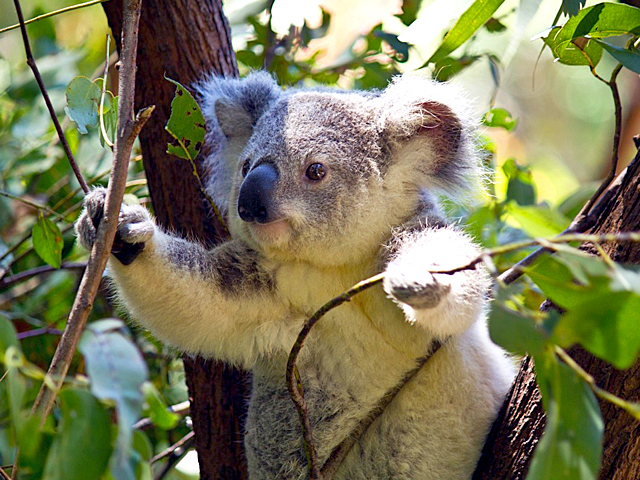BILLION TREE TSUNAMI RENEWS PAKISTAN’S DEGRADED FORESTS
07 Aug 2018
The hills of northwest Pakistan are now alive with stunning green forests thanks to the ‘Billion Tree Tsunami’ program, a $196 million project to restore the arid landscape of the province. Beginning in 2014, the reforestation efforts are already starting to reduce erosion, flooding and the effects of climate change, as well as provide gender-equal employment and economic opportunities for the locals.

The arid landscape of Heroshah is now filled with lush green forests, thanks to the planting of millions of trees across 42 unique species. The hills of the Khyber Pakhtunkwa (KPP) province were devastated during the Pakistani Taliban rule in 2006-2009, in addition to years of felling and natural disasters, including multitudes of fatal floods in 2016. The area has been transformed from “burnt land” into “green gold”, according to forest manager, Pervaiz Manan, as the landscape can now be used and bring profit for the locals.
Over 300 million trees were planted in the region under the KPP government, 150 million were given to private landowners and 730 million pre-existing trees have come under protection in order to promote regrowth. 
The program came in the wake of Pakistan’s forests falling to a dangerous low, with only 5.2 percent of the nation covered, falling below the 12 percent minimum stated by the UN. As one of the six countries stated to be most affected by global warming, it has become imperative that action be taken.
The Billion Tree Tsunami (BTT) scheme began in 2014, with plans for completion by 2020. Safety systems still must be implemented before the project can be finalised, including systems for fire protection and local wood cutting. In response to the success of the program, in 2017 the Pakistani federal government organised its own scheme, the Green Pakistan program, to plant 100 million trees by 2022.
The scheme began throughout 2015-2016 where over 16,000 workers planted more than nine million quick-growing eucalyptus trees at regular intervals, and that was only the beginning of the excessive work required to restore the ailing land. The program has since seen 350,000 hectares of trees planted and regenerated throughout the province that will combat climate change and reduce erosion and flooding. 
Additionally, the project included the establishment of private tree nurseries, which have helped to boost the local economy and create new jobs, especially for youth and women in the area.
As part of the project, the KPP government pledged commitment to the Bonn Challenge, which aims to restore 150 million hectares of deforested land across the globe by 2020 and 350 million hectares by 2030. By August 2017, they had surpassed their 348,400-hectare commitment and were the first group of challengers to reach their goal.
“Every child in Pakistan should be aware of the environmental issue which, until now, has been a non-issue,” said Imran Khan, famous cricketer turned politician, who is the forefront of the BTT plan as the current leader of the Pakistan Tehreek-e-Insaf party. 
The Billion Tree Tsunami project has been a colossal undertaking by the Khyber Pakhtunkhwa government, and one that is already starting to pay off, with the seedlings growing tall and strong throughout the province. By 2020 it is hoped that the economic and environmental benefits will be in full swing, revitalising the land of both the northwestern area and the entire nation.







